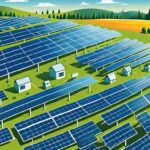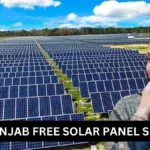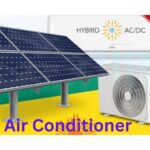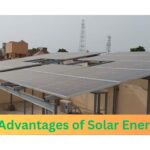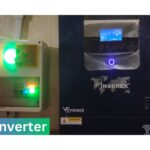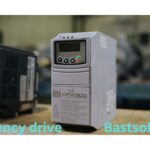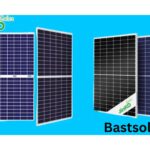A solar inverter is the heart of any solar power system. It is responsible for converting the direct current (DC) generated by solar panels into usable alternating current (AC). For your home or business. Without a solar inverter, the energy produced by your panels would remain unusable. Whether you’re a homeowner looking to cut energy costs or a company aiming for sustainability. Understanding the role of solar inverters is key to maximizing the efficiency of your solar setup. In this article, we’ll explore how they work, their benefits, and why they’re essential for every solar installation.
How Does a Solar Inverter Work?
A solar inverter takes the direct current (DC) generated by solar panels and converts it into alternating current (AC). Which is the standard electricity type used by appliances and the grid. It plays a critical role in ensuring that the energy harnessed by your solar panels. Can be effectively used in your home or exported back to the grid.
Types of Solar Inverters
- String Inverters: These are the most common and cost-effective. They connect an entire string of solar panels to one inverter. However, the performance of the whole system is affected if one panel is shaded or not working optimally.
- Microinverters: These are installed on each individual panel, allowing each to operate independently. This setup maximizes efficiency, especially in areas where partial shading is an issue.
- Hybrid Inverters: These combine the functionalities of both traditional solar inverters and battery inverters. Hybrid inverters are useful if you’re integrating energy storage into your system. Allowing you to store excess power for later use.
Benefits of a High-Quality Solar Inverter
- Energy Efficiency: By optimizing the conversion process, modern solar inverters reduce energy losses. Ensuring that you get the most out of your solar panels.
- Monitoring & Maintenance: Many inverters come with monitoring systems. Allowing you to track the performance of your solar power system in real time. This helps detect issues early and maintain peak performance.
- Grid Compatibility: Solar inverters ensure that the energy you produce can seamlessly integrate with the grid. Helping you reduce energy bills through net metering or feed-in tariffs.
Choosing the Right Solar Inverter
When selecting a solar inverter, consider factors such as your energy needs, the size of your solar panel system. And whether you plan to install battery storage in the future. It’s essential to pick an inverter that matches your specific requirements for optimal performance and cost efficiency.
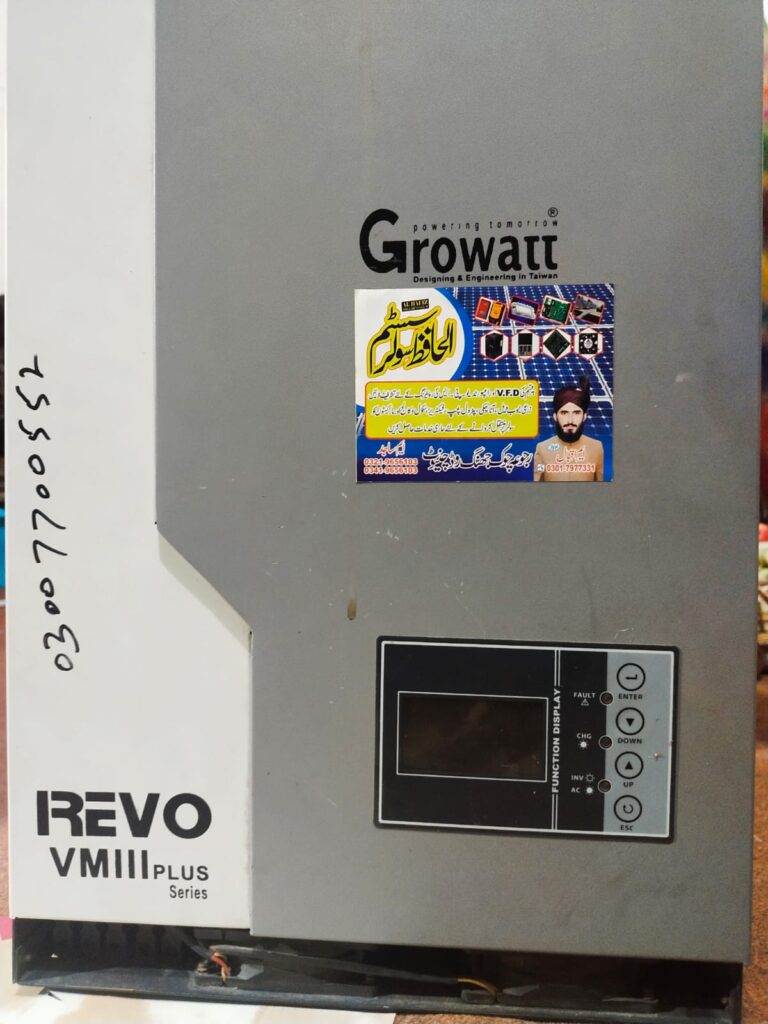
Conclusion
A solar inverter is a crucial component of any solar power system. Transforming the raw energy from your panels into usable electricity. Whether you’re opting for a string inverter for simplicity, microinverters for efficiency. Or a hybrid inverter to pair with battery storage, making the right choice can significantly impact your system’s performance. Investing in a high-quality solar inverter not only ensures smooth energy conversion. But also allows you to monitor and optimize your solar setup. As the push for renewable energy grows. Having a reliable solar inverter will help you get the most out of your solar power investment. Saving both energy and money in the long run.
FAQs about
1. What is a solar inverters, and why is it important?: A solar inverter converts the direct current (DC). Produced by solar panels into alternating current (AC). Which is used to power appliances in homes and businesses. Without a solar inverter, the energy generated by your solar panels would be unusable.
2. What are the different types of solar inverters? There are three main types:
- String inverters: Common and cost-effective, but performance can be affected if one panel is shaded.
- Microinverters: Installed on each panel, ensuring maximum efficiency even if one panel is shaded.
- Hybrid inverters: These work with battery storage, allowing you to store excess energy for later use.
3. How do I choose the right solar inverter? Consider your energy needs, system size, and whether you plan to add a battery in the future. String inverters are good for standard setups, microinverters work well in shaded areas. And hybrid inverters are best if you’re considering energy storage.
4. Can a solar inverter save me money? Yes! A solar inverter ensures that the energy generated by your solar panels is usable. Which can significantly reduce your energy bills. With net metering, you can even sell excess energy back to the grid, generating additional savings.
5. How long does a solar inverter last? Most solar inverters have a lifespan of 10 to 15 years. Regular maintenance and choosing a high-quality inverter can help extend its lifespan.
6. Do solar inverters need maintenance? While solar inverters are relatively low-maintenance, regular monitoring and occasional checks can help ensure optimal performance. Many modern inverters come with monitoring systems to help detect issues early.

